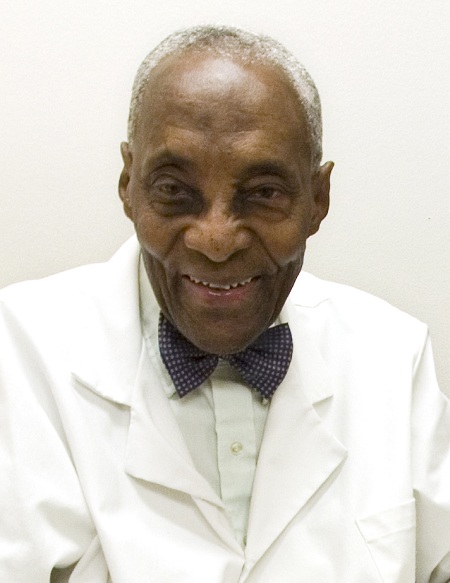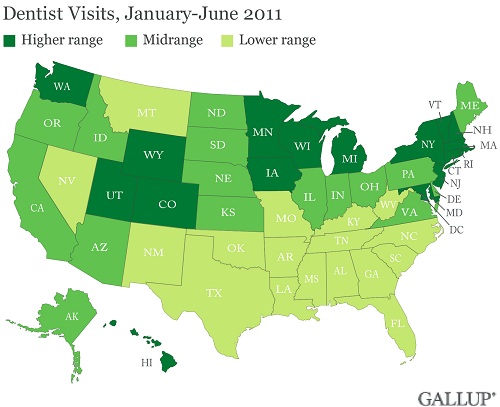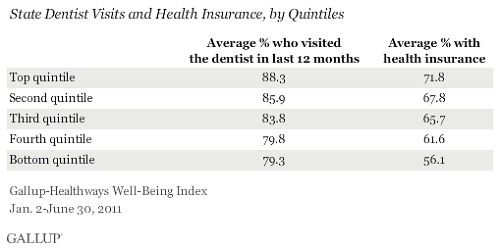The Deadly Link Between High Dietary Salt Intake and Obesity
Posted on
Dietary salt intake and obesity are two important risk factors in the development of high blood pressure. Each packs its own punch, but when combined, they deliver more damage to the heart and kidneys than the sum of their individual contributions. Discovering the molecular mechanisms behind this lethal synergy has presented a challenge to scientists, but research led by Toshiro Fujita, MD, professor and chairman of the Department of Internal Medicine and chief of the Department of Nephrology and Endocrinology at the University of Tokyo, suggests that high dietary salt intake and obesity work together to trigger an abnormal activation of a cellular protein called Rac1.
According to Dr. Fujita, the team’s findings carry important implications for the treatment of hypertension. “Our data indicate that the Rac1-mediated pathway in the kidneys can be an alternative therapeutic target for salt-sensitive hypertension and salt-mediated kidney injury,” he said. “Based upon our results, we can speculate that Rac1 in the kidneys regulates salt susceptibility of blood pressure, and that Rac1 inhibitors, as well as MR antagonists, may be effective in the treatment of salt-sensitive hypertension.”
In the meantime though, if you are obese lose the weight and ingest ONLY the appropriate amount of dietary salt.
But, this is good news for patients with persistent high blood pressure and may offer a pathway to mediate the combination effects of dietary salt and obesity.






